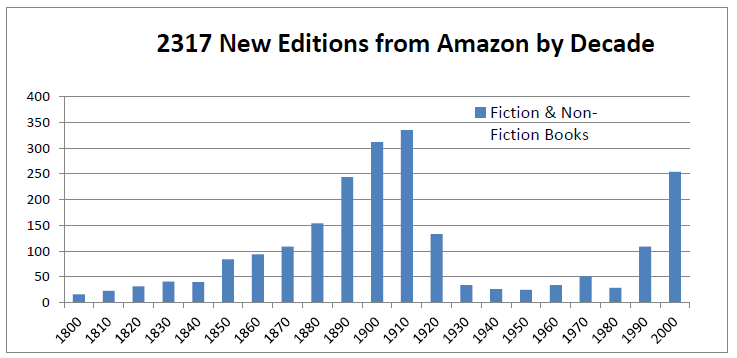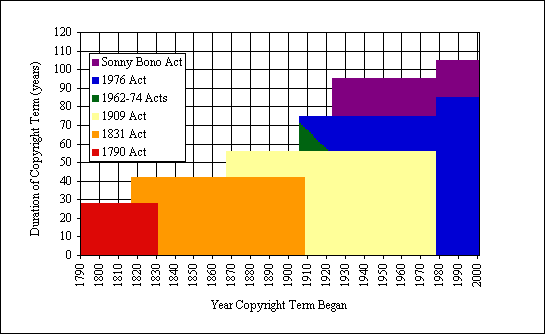New Zealand has finally passed a new Patents Bill that will effectively outlaw software patents after five years of debate, delay, and intense lobbying from multinational software vendors.
What’s hot on ZDNet
Aptly named Commerce Minister Craig Foss welcomed the modernisation of the patents law, saying it marked a “significant step towards driving innovation in New Zealand”.
“By clarifying the definition of what can be patented, we are giving New Zealand businesses more flexibility to adapt and improve existing inventions, while continuing to protect genuine innovations,” Foss said.
The nearly unanimous passage of the Bill was also greeted by Institute of IT Professionals (IITP) chief executive Paul Matthews, who congratulated Foss for listening to the IT industry and ensuring that software patents were excluded.
Matthews said it was a breakthrough day “where old law met modern technology and came out on the side of New Zealand’s software innovators”.
(from New Zealand bans software patents, ZDNet)
One small step on the long road to sanity. A few more steps I would like seen taken:
- Eliminate patents on life forms or portions of life forms
- Eliminate trademarks on fictional characters (copyright covers those)
- Eliminate “works for hire” (the abuse of which has been rampant for decades)
- Shorten copyright protection to a reasonable period (20 to 30 years is more than generous)
Of course, if these steps are ever taken, the USA will be the last to take them. When it comes to sanity with respect to patent, trademark, and copyright, I look toward New Zealand and the European Union to lead the way to a more reasonable future.
![[x]](/images/sigil_md.jpg) Blackmoor Vituperative
Blackmoor Vituperative




